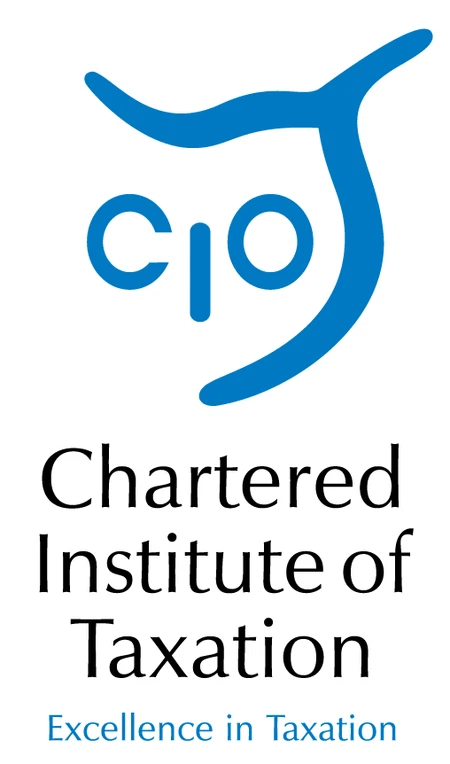In the first of a two-part blog post on valuing your business, HSKS Greenhalgh Corporate Finance Director Colin Peacock looks at why it’s important to firstly work out what is is you’re actually selling.
Whether you’re making exit plans or you want to give confidence to investors, knowing the value of your business is a vital step.
From the inside, it might be hard to say what that value is. You’ve put long hours of hard work into building your business from the ground up, but what does that mean to a buyer or investor in monetary terms?
As a starting point, it’s important to work out what it is you’re actually selling. Is it the business’s name, and the reputation that comes with it? Is it the lease on the premises – and is this currently owned by you or by your company?
The kind of business you run, the sector it’s in, the assets it holds and the people who work there could all make a difference to its overall value.
Setting all of this information out from the start will help you to reach an accurate valuation, and to communicate it clearly to potential buyers.
Benefits of valuing a business
We’ve already mentioned a couple of the main reasons you might want to value a business – as part of your exit strategy, or to help you raise investment.
When it comes to selling your business, valuing it can also help you to determine the right time to sell, to negotiate the best possible deal, or to move negotiations along quickly. It can also be useful to know when you’re planning your retirement, and thinking about your financial future and that of your family.
Research by Which? suggests most households spend around £27,000 a year in retirement, but to fund a more luxurious lifestyle – including long-haul trips and a new car every five years – you’ll need something closer to £42,000 a year.
Depending on your financial and lifestyle goals, you might want to find out whether selling your business could provide that income throughout your retirement.
Alternatively, valuing a business can help you and your team to focus on areas for improvement, and grow your business. You may choose to conduct an annual valuation to give you an up-to-date picture of the stage your business is at.
And if you’re offering employees the option to buy or sell shares in your company, it can help you to set a fair price.
Things to consider
There are several factors that might come into play when determining your business’s value, and some of these are included in the valuation methods I’ll describe in more detail in my next blog post.
Structure: Can the business function effectively without you? If you find it needs your constant attention to remain profitable, you may need to look at ways of streamlining, automating or delegating work.
Circumstances: If you’re under pressure to sell quickly – for instance, because you need to pay off creditors or you want to retire due to ill-health – the price may be lower than if you have time to achieve a better deal.
Financial record: Detailed, accurate records that show a sustained history of strong financial performance will work in your favour when your business is being valued.
Reputation and customers: Is your business well-known within your field, and do people have a positive impression of the quality of your product or service? Similarly, do you have a solid base of returning customers who trust your brand? How profitable are they?
Staff: The skills and experience of your staff can often be a major part of your business’s value. A loyal team of people who work well together may mean a higher value – but remember to consider how much of that depends on your leadership.
Intellectual property: What’s the value of any trademarks, copyrights or patents that your business owns? Do you have secret recipes, for example, or innovative designs for your products?
Product or service: A high-quality product or service can mean a higher-value business. This should take into account how niche your product is, and how it compares to competitors. Age of the business: Businesses in their early stages may have a lot of potential, but they’ll often make losses. More established businesses tend to be profit-making and face fewer risks.
Having established what it is you are actually selling, it’s then time to consider the most appropriate valuation method for your business. I have covered the the four main methods used in my next post.
If you are considering selling your business, please get in touch to find out how we can help.
Colin Peacock
Director – HSKS Greenhalgh Corporate Finance



